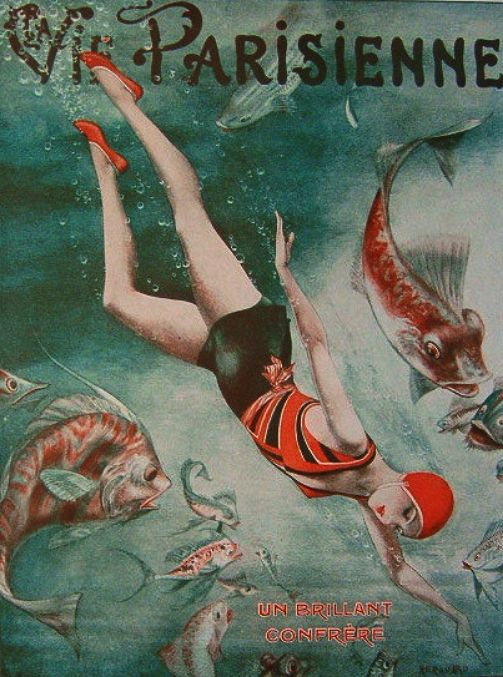descends into water fresh and marine to the profit of fishers.
Original French: deſcend en eaue tant doulce que marine au profict des peſcheurs.
Modern French: descend en eaue tant doulce que marine au profict des pescheurs.
Notes
descend en eaue
Web
covers theatres…
Toujouts d’apres Pline, XIX, 6 (de § 24, où Rabelais a pu emprunter le bon mot de Caton à propos des chausses-trappes — voir plus haut, XLIIII, 100).
Le Tiers Livre. Edition critique
Michael A. Screech [b. 1926], editor
Paris-Genève: Librarie Droz, 1964
au profit des pescheurs
La plante sert à faire des bâches, des «toiles» et des filets. Rabelais amplifie Pline, XIX, 1 et 2.
Le Tiers Livre. Edition critique
p. 464
Jean Céard, editor
Librarie Général Français, 1995
descends into water
est sua gloria et Cumano in Campania ad piscium et alitum capturam, eadem et plagis materia: neque enim minores cunctis animalibus insidias quam nobismet ipsis lino tendimus.
The flax of Cumae in Campania also has a reputation of its own for nets for fishing and fowling, and it is also used as a material for making hunting-nets: in fact we use flax to lay no less insidious snares for the whole of the animal kingdom than for ourselves!
The Natural History. Volume 5: Books 17–19
19.02
Harris Rackham [1868–1944], translator
Cambridge, Massachusetts: Harvard University Press, 1950
Loeb Classical Library
